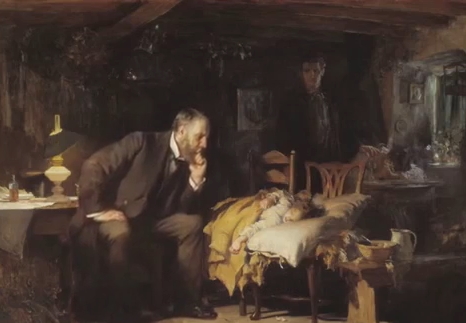Sunn Skepsis
Denne portalen er ment å gi deg som pasient råd om kvalitetskriterier for helseinformasjon og tilgang til forskningsbasert informasjon.
Key Concepts addressed:- 1-2 Anecdotes are unreliable evidence
- 1-3 Association is not the same as causation
- 1-4 Common practice is not always evidence-based
- 1-5 Newer is not necessarily better
- 1-6 Expert opinion is not always right
- 1-11 Explanations about how treatments work can be wrong
- 2-1 Comparisons are needed to identify treatment effects
- 2-2 Comparison groups should be similar
- 2-9 Reviews of fair comparisons should be systematic
- 3-5 How certain is the evidence?
- 2-8 Consider all of the relevant fair comparisons
Details
“Formålet med denne portalen er å gi deg som er pasient eller helseinteressert, råd om kvalitetskriterier for helseinformasjon og bedre tilgang til forskningsbasert helseinformasjon.
Portalen er utviklet av forskere og helsepersonell i samarbeid med både pasienter og friske.
Portalen kan brukes på egenhånd eller i samarbeid med helsepersonell, og er delt inn i tre hoveddeler. Den første delen hjelper deg med å sjekke hvor pålitelig informasjon om behandling er, den andre gir deg en innføring i hvordan du kan søke etter forskning, og den tredje gir deg tips om hva det kan være nyttig å spørre din behandler om”
English description:
The aim of this web-portal is to provide patients and others with advice on how to assess health information and access to research evidence.
“Healthy Scepticism” is a web-portal to improve the public’s health literacy skills and access to evidence based information. The content and main focus was tailored by qualitative interviews, a questionnaire based on the theory of planned behaviour, and literature searches. The portal addresses key barriers that were identified. It provides
- An introduction to research methods and basic principles of science,
- help to effectively and efficiently find evidence-based health information,
- an introduction to critical appraisal and the DISCERN checklist
- information about users’ rights to participation in decision making, and
- a decision aid for consultations.
The effects of the portal have been evaluated in a randomised trial.



